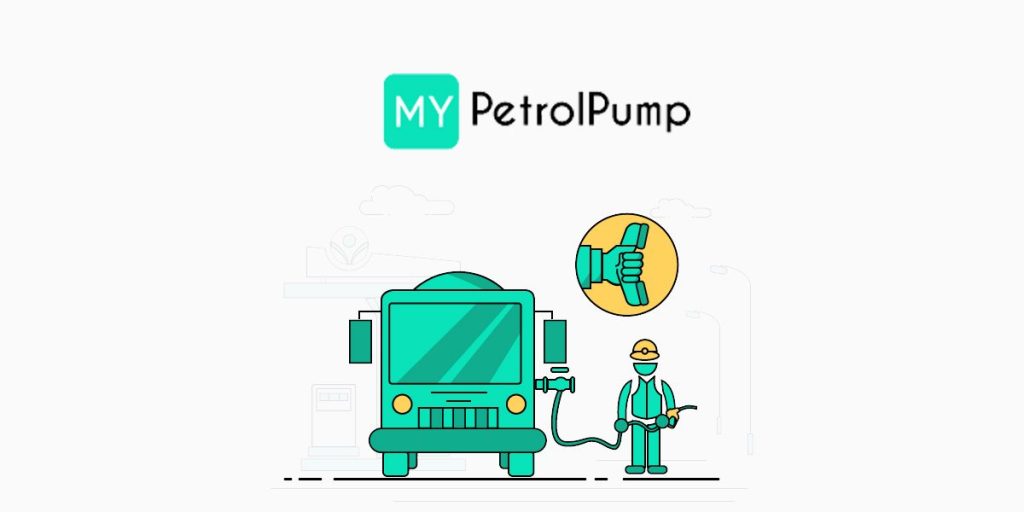Access to reliable energy is a fundamental human right, yet millions around the world lack access to clean and affordable energy sources. In rural and remote areas, traditional energy infrastructure is often lacking, leaving communities reliant on expensive and environmentally harmful alternatives such as kerosene or diesel generators. However, the emergence of fuel delivery services presents a promising solution to address energy accessibility challenges and improve livelihoods. Fuel delivery services offer a convenient and efficient means of supplying energy to remote and underserved communities. By leveraging mobile technology and innovative logistics, these services can deliver various types of fuel directly to customers’ doorsteps, eliminating the need for individuals to travel long distances to obtain energy sources. This not only saves time and effort but also reduces transportation costs and the associated environmental impact. In many developing regions, households rely on traditional fuels like firewood and charcoal for cooking and heating, leading to indoor air pollution and deforestation.

By offering cleaner alternatives such as liquefied petroleum gas LPG or biofuels, fuel delivery services can significantly improve air quality and mitigate environmental degradation. One of the key advantages of fuel delivery services is their ability to provide access to cleaner energy alternatives. Moreover, fuel delivery services have the potential to enhance economic opportunities in underserved communities. Reliable access to energy is essential for powering businesses, farms, and small-scale industries. By ensuring a steady supply of fuel, these services enable entrepreneurs to operate machinery, refrigeration units, and other essential equipment, thereby fostering economic growth and job creation at the local level. Additionally, fuel delivery services play a vital role in promoting energy resilience and disaster preparedness. In areas prone to natural disasters or political instability, traditional energy infrastructure is often vulnerable to disruptions, leaving communities without power for extended periods. By pre-positioning fuel supplies and implementing robust distribution networks, fuel delivery services can ensure that critical facilities such as hospitals, emergency shelters, and communication centers remain operational during crises, saving lives and facilitating recovery efforts.
However, despite their numerous benefits, fuel delivery services also face several challenges that must be addressed to maximize their impact. One such challenge is ensuring affordability and financial sustainability, particularly in low-income communities where disposable income is limited. Governments, non-profit organizations, and private sector actors can collaborate to develop subsidy programs, microfinance initiatives, and innovative pricing models to make clean energy more accessible to those in need. Furthermore, ensuring the safety and reliability of fort worth tx fuel distributor operations is essential to building trust and credibility with customers. This includes implementing stringent quality control measures, investing in fleet maintenance and safety training for staff, and adhering to environmental regulations to minimize the risk of spills and contamination. Fuel delivery services have the potential to play a transformative role in addressing energy accessibility challenges and improving the lives of millions of people worldwide. By providing convenient access to clean and affordable energy sources, these services can enhance economic opportunities, protect the environment, and strengthen resilience in vulnerable communities.